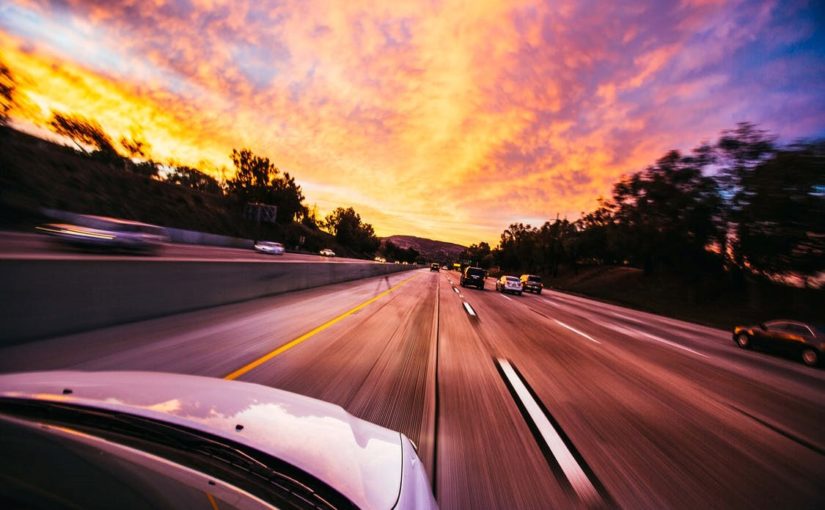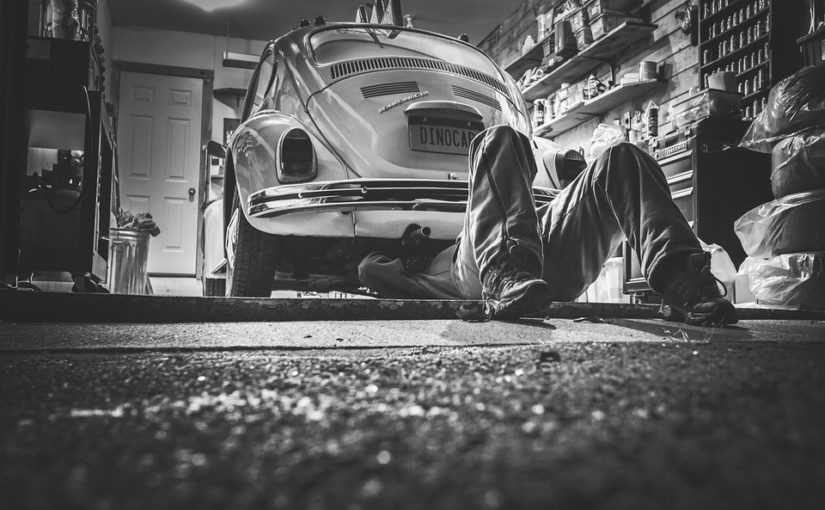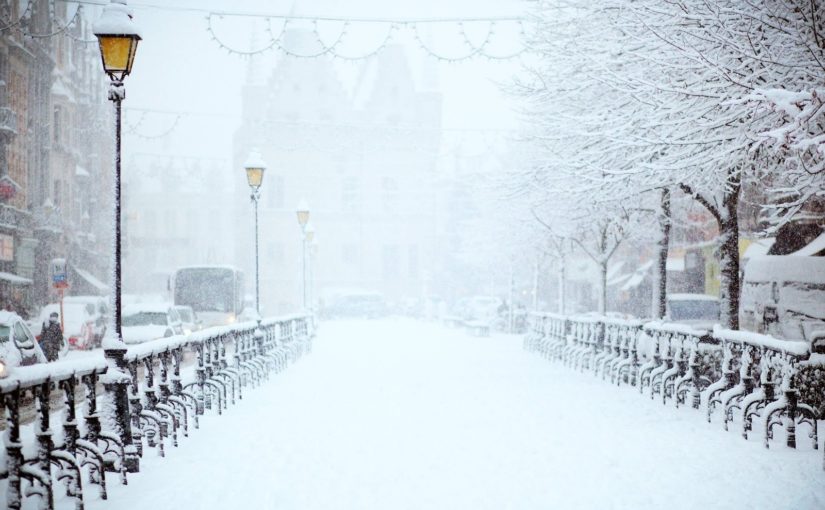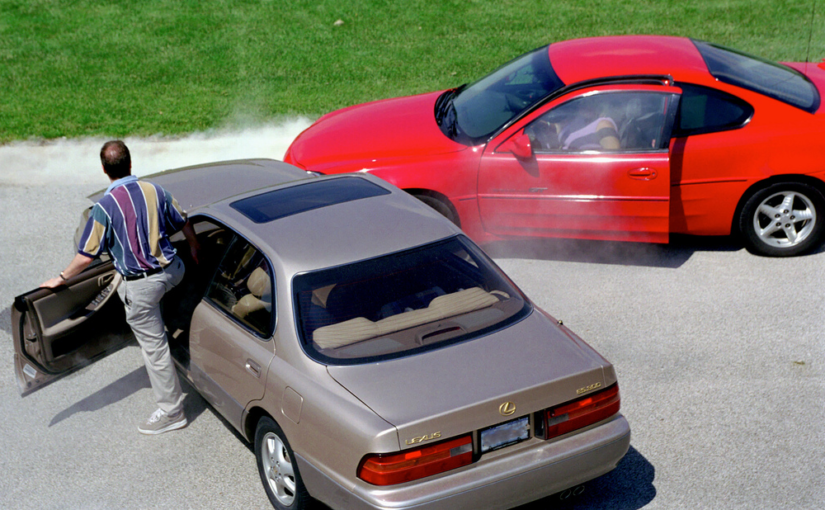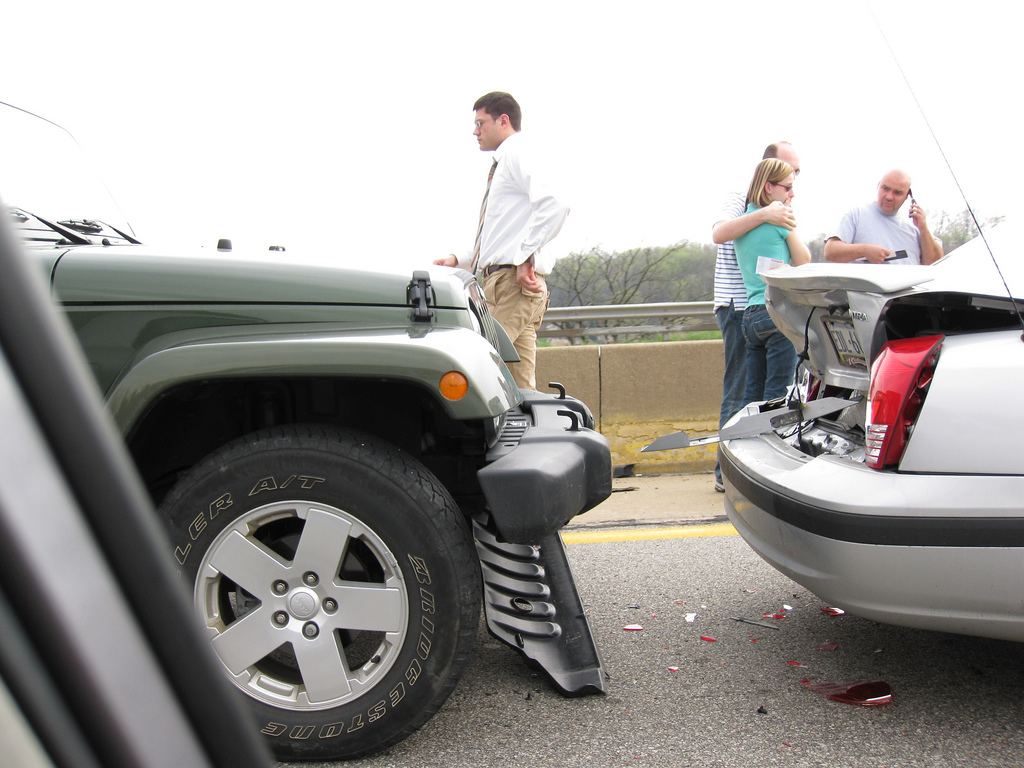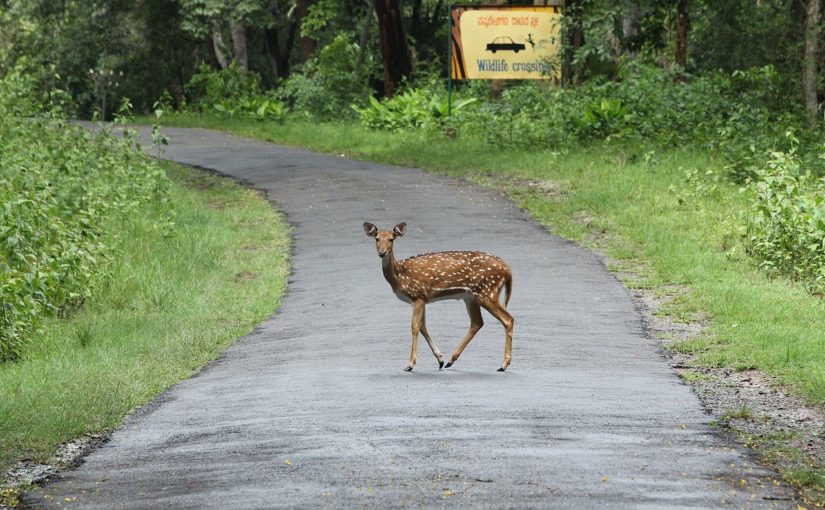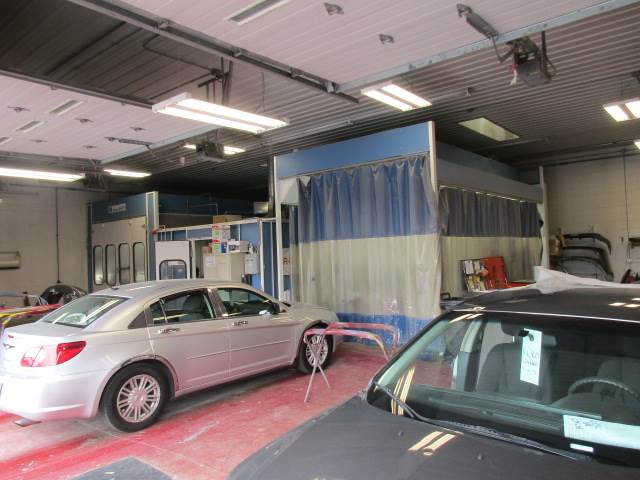Ringing in the New Year often comes with making resolutions….often broken after a month or two. So why not make a resolution you want to stick to – like the health of your vehicle? Think of all the activities your car allows you to do on a daily basis and where you would be without it. Are you taking the necessary steps to keep your car running for an extended period of time?
Tire Pressure Checks
Maintaining proper tire pressure will keep you safe and even save you a little money. Improperly inflated tires don’t handle as well as tires with the correct pressure. They also increase your chance of a blow out. Plus, tires with the correct pressure have a longer life and increase your fuel efficiency. Tire pressure is something you have to keep your eye on, as it constantly changes as the tires log miles and the temperature fluctuates. That’s why it’s so important to check it regularly and add air when needed.
Keep It Clean…Inside & Out
Every day our cars are subjected to sun, salt, grease and grime, acid rain, smog, tree sap, dead bugs, and worst of all, bird poop. These things eat away at paint, and once that’s gone, they will eat at the metal in your car. While failing to wash your car won’t result in immediate damage, over time the elements will corrode your vehicle, along with its potential resale value. And while you are it, get in the habit of regularly cleaning out your car’s interior so it doesn’t end up looking like a dump. Keeping the inside of your car clean and tidy can reduce stress in your life and make the driving experience more enjoyable.
Maintenance Schedule
There should be a section in the vehicles’ owner’s manual where it lists the manufacturer’s recommended maintenance schedule, which tells you how often to get your oil changed, rotate the tires, and replace fluids and parts. If you can’t find the owner’s manual, a quick Google search will bring it up. By following your vehicle’s ideal maintenance schedule, you can prevent costly inspections, repairs, and replacements, and keep your car humming for many years.
Turk’s Collision Center is a state-of-the-art automotive body repair shop that specializes in collision repair. We strive to be the leading automotive body repair shop in Illinois with excellent workmanship, advanced training, and superb communication with the customer. For more information visit our website, or call (309) 694-2905.
Sources:
http://www.greenlivingonline.com/article/4-new-years-resolutions-your-car
http://www.osceolagarage.com/6-must-do-new-years-resolutions-for-your-car-in-2017/
https://www.pepboys.com/car_care_corner/car_care_basics/maintenance/
https://www.bankrate.com/auto/5-car-care-tips-that-should-never-be-ignored/#slide=1
https://www.kbb.com/car-advice/articles/top-ten-car-care-tips/
https://www.pexels.com/photo/action-asphalt-automobile-automotive-593172/

